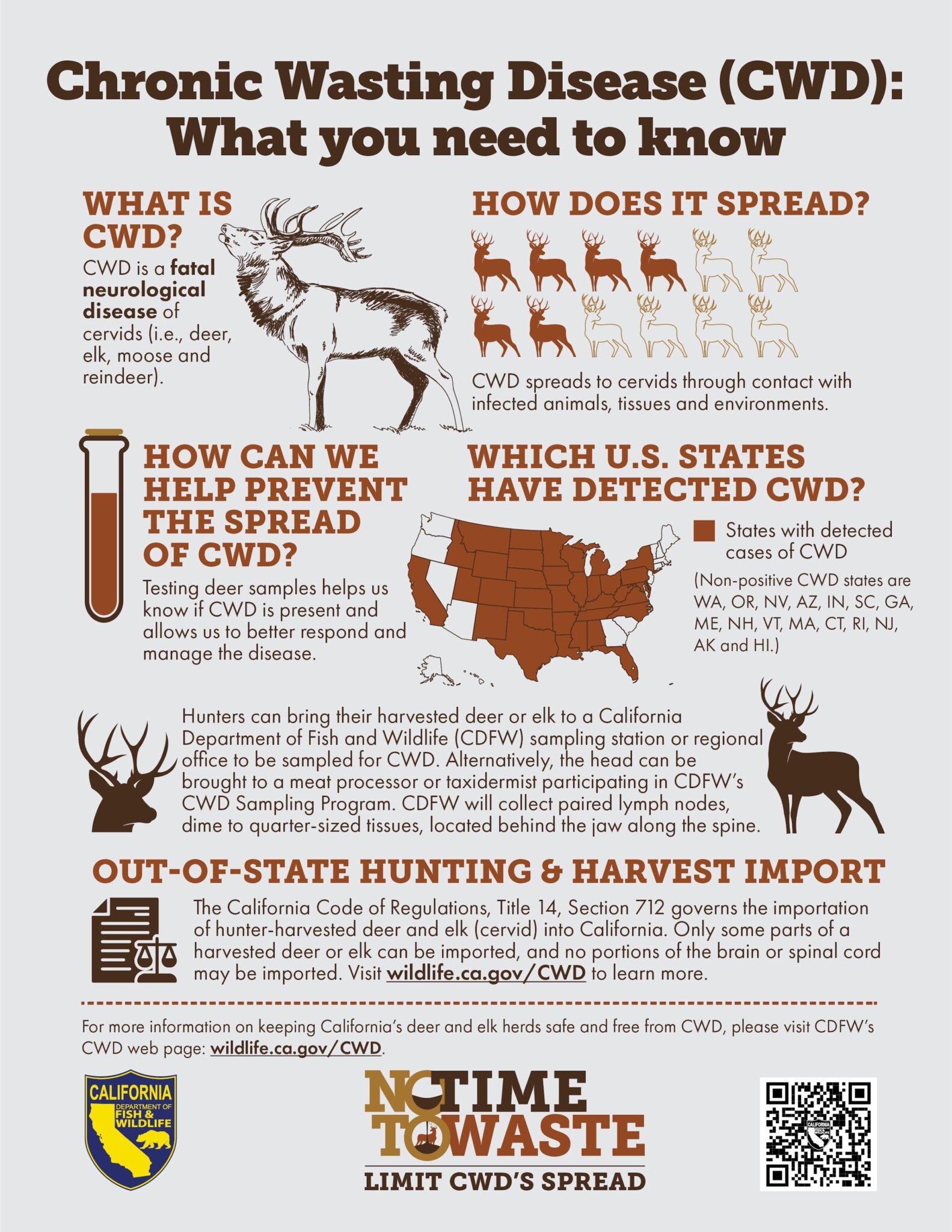German Automakers Face Headwinds In China: More Than Just BMW And Porsche

Table of Contents
Intensifying Domestic Competition
The rise of Chinese auto brands is a major factor impacting German market share. Domestic manufacturers are no longer simply producing low-cost alternatives; they're now creating high-quality vehicles that rival, and in some cases surpass, German offerings in terms of technology and design. This intensified competition is forcing German automakers to reassess their strategies.
-
Increased quality and technological advancements of Chinese EVs: Chinese electric vehicle (EV) manufacturers are rapidly innovating, producing EVs with advanced features and competitive battery technology. This is directly challenging the dominance of German brands in the luxury EV segment.
-
Aggressive pricing strategies by domestic brands: Chinese automakers often leverage aggressive pricing strategies, making their vehicles more affordable and accessible to a wider range of consumers. This price competitiveness puts pressure on German brands' pricing strategies.
-
Growing consumer preference for domestic brands due to patriotism and cost: A surge in national pride and a focus on supporting domestic industries has led to a shift in consumer preference towards Chinese brands. Cost-effectiveness also plays a crucial role in this preference.
-
Government support for Chinese automakers: The Chinese government actively supports its domestic auto industry through subsidies, tax breaks, and infrastructure development, giving Chinese brands a competitive edge.
Data from the China Association of Automobile Manufacturers (CAAM) shows a consistent increase in market share for Chinese brands, while the share held by German automakers has plateaued or even declined in recent years. This underscores the need for German companies to adapt and innovate to stay relevant.
Navigating China's Evolving Regulatory Landscape
China's regulatory landscape for the automotive industry is complex and constantly evolving. This presents significant hurdles for German automakers trying to navigate the market.
-
Stringent emission standards and their influence on production and R&D: China's increasingly stringent emission standards require significant investment in research and development (R&D) to meet compliance requirements. This puts pressure on profit margins and necessitates technological adaptation.
-
Data privacy and cybersecurity concerns: Stringent data privacy and cybersecurity regulations necessitate significant investment in data security measures and compliance protocols, adding to operational costs.
-
Import tariffs and taxes impacting profitability: Import tariffs and taxes significantly impact the profitability of imported German vehicles, making them less competitive compared to domestically produced cars.
-
Complex bureaucratic processes and approvals: The complex bureaucratic processes and approvals required for market entry and operation add significant time and resources to the establishment and maintenance of operations in China. This is a significant barrier for many German automakers.
Supply Chain Disruptions and Geopolitical Factors
Global supply chain disruptions and geopolitical tensions significantly impact German automakers' operations in China. These external factors create uncertainty and increase operational costs.
-
Impact of global chip shortages on production: The global chip shortage has severely impacted production capabilities, leading to delays and reduced output for German automakers in China.
-
Trade disputes and their effect on import/export operations: Trade disputes between China and other countries, including Germany, have created uncertainties and increased costs associated with import and export operations.
-
Rising costs of raw materials and logistics: The rising costs of raw materials and logistics further increase production costs, impacting profitability.
-
Political instability and its impact on business confidence: Geopolitical instability and unpredictable political environments can negatively impact business confidence and investment decisions, creating uncertainty for German companies.
Adapting to Changing Consumer Preferences
Understanding and adapting to the evolving preferences of Chinese consumers is paramount for German automakers' success. The market demands innovation, localization, and a deep understanding of consumer needs.
-
Growing popularity of electric vehicles (EVs) and the need for investment in this sector: The booming EV market requires substantial investment in electric vehicle technology, charging infrastructure, and marketing to cater to the growing demand.
-
Focus on digitalization and connected car technology: Chinese consumers increasingly value digitalization and connected car technology. German brands need to incorporate advanced digital features to stay competitive.
-
Importance of localized marketing strategies to resonate with Chinese consumers: Localized marketing strategies that resonate with specific cultural nuances and preferences are essential for success. A one-size-fits-all approach is unlikely to work.
-
Shifting preferences towards specific vehicle features and functionalities: Chinese consumers have shifting preferences regarding vehicle features and functionalities. Understanding these evolving preferences and adapting product offerings accordingly is crucial for competitiveness.
Conclusion
The Chinese automotive market presents considerable challenges for German automakers, going far beyond the experiences of established luxury brands. Intense domestic competition, a complex regulatory environment, supply chain disruptions, and evolving consumer preferences necessitate a strategic re-evaluation for sustained success. German manufacturers must adapt quickly to remain competitive. Understanding the intricate landscape of the Chinese automotive market is crucial for the future success of German automakers in China. Stay informed on the latest developments and trends affecting German automakers in China to make informed business decisions. Further research into the challenges faced by German automakers in China is essential for navigating this dynamic market.

Featured Posts
-
 Arne Slot Liverpools Lucky Win Against Psg And The Worlds Best Goalkeeper
May 22, 2025
Arne Slot Liverpools Lucky Win Against Psg And The Worlds Best Goalkeeper
May 22, 2025 -
 Analysis Core Weave Crwv Stock Price Increase Post Nvidia Announcement
May 22, 2025
Analysis Core Weave Crwv Stock Price Increase Post Nvidia Announcement
May 22, 2025 -
 Thousands Of Zebra Mussels Found On New Boat Lift In Casper
May 22, 2025
Thousands Of Zebra Mussels Found On New Boat Lift In Casper
May 22, 2025 -
 Chronic Wasting Disease Cwd Found In Jackson Hole Elk Feedground
May 22, 2025
Chronic Wasting Disease Cwd Found In Jackson Hole Elk Feedground
May 22, 2025 -
 Record Breaking Australian Trans Influencer Faces Questions Of Authenticity
May 22, 2025
Record Breaking Australian Trans Influencer Faces Questions Of Authenticity
May 22, 2025
Latest Posts
-
 Route 15 On Ramp Closed Following Crash Traffic Delays Expected
May 22, 2025
Route 15 On Ramp Closed Following Crash Traffic Delays Expected
May 22, 2025 -
 Route 15 On Ramp Closure Due To Accident
May 22, 2025
Route 15 On Ramp Closure Due To Accident
May 22, 2025 -
 Interstate 83 Traffic Delays Due To Produce Truck Overturn
May 22, 2025
Interstate 83 Traffic Delays Due To Produce Truck Overturn
May 22, 2025 -
 Route 283 Fed Ex Truck Inferno Lancaster County Incident
May 22, 2025
Route 283 Fed Ex Truck Inferno Lancaster County Incident
May 22, 2025 -
 I 83 Closed Following Tractor Trailer Produce Spill
May 22, 2025
I 83 Closed Following Tractor Trailer Produce Spill
May 22, 2025
